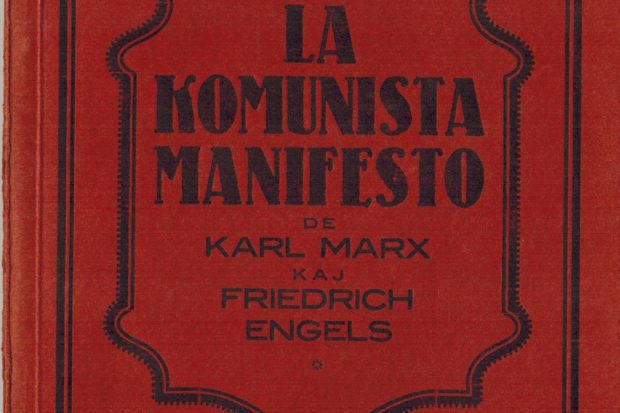
As an undergraduate student, at his father’s house in Atlanta, a young inquisitive Martin Luther King Jr. read Karl Marx’s Communist Manifesto and therefore Marx’s critique of capitalist social inequality. This reading informed King’s thought and behavior for the rest of his life.
This fact eventually brought King to Memphis, Tenn., in 1965 to support the class struggle of city garbage workers on strike for higher wages and safer working conditions.
Echoing a Marxist sentiment, King said, per the poor paid workers, “But what does it profit a man to be able to eat at an integrated lunch counter if he can’t afford a burger or a cup of coffee?”
King further stated in an earlier class observation in 1963, “God never intended for one group of people to have…inordinate wealth while others live in abject and deadening poverty.”
Before his assassination, King planned his most significant march to address capitalist class exploitation—the 1968 Poor People’s March.
And lest we forget, the March on Washington was for jobs and freedom. Yes, at that march, King’s “dream” was encased in the class question.

Really nice a short essay on MLK’s worldview based on the critical analysis of Karl Marx’s on the social and economic relationships between capitalist and people of color.